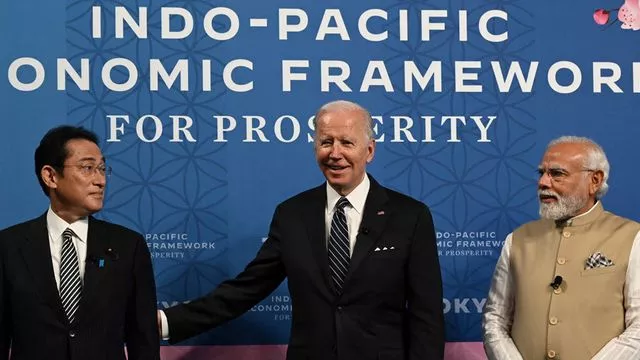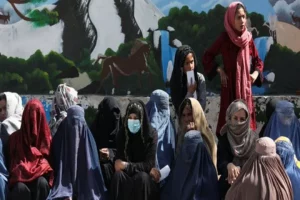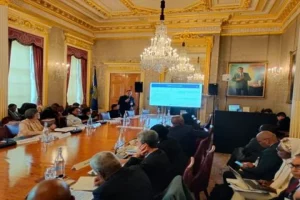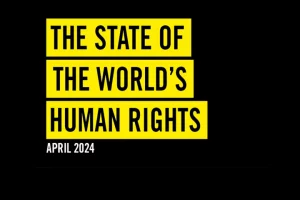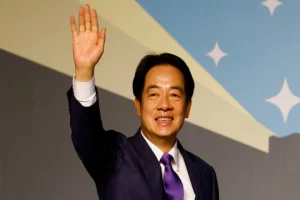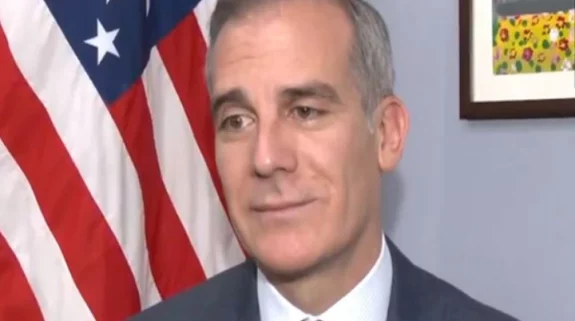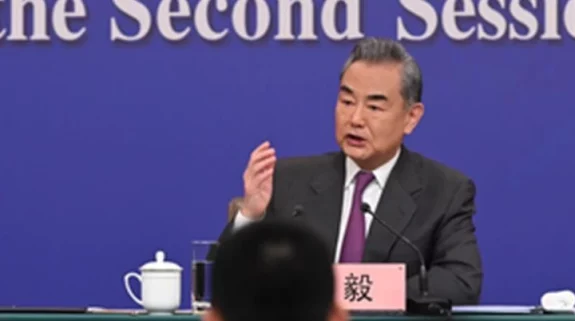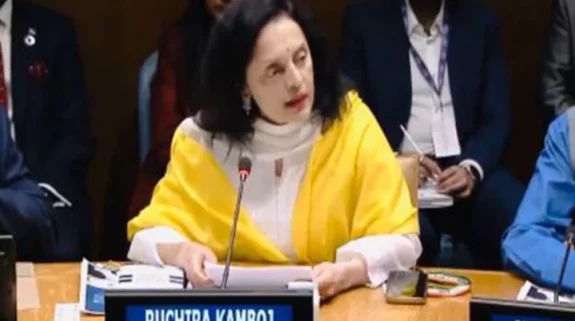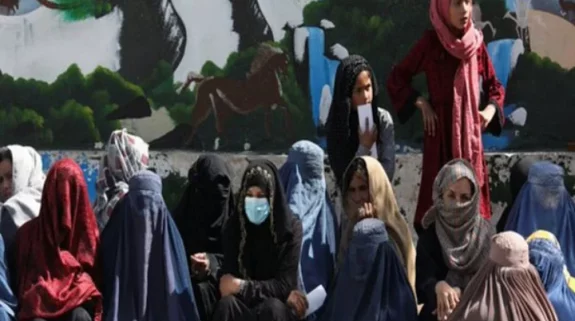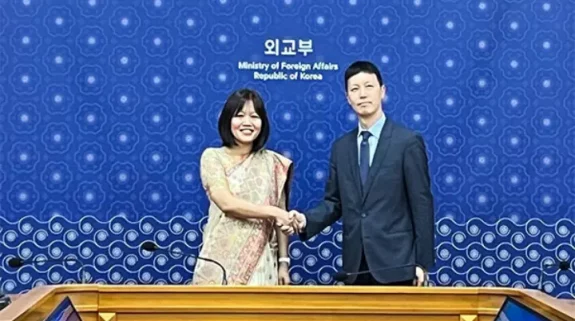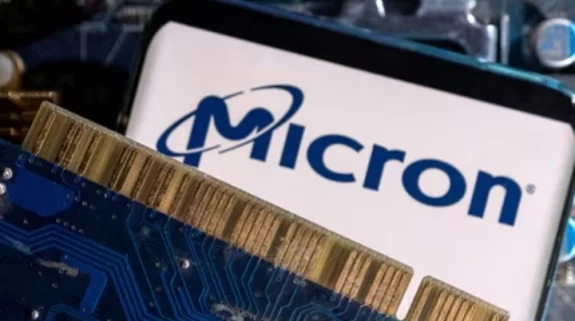The U.S. government has announced that its new economic grouping for the Indo-Pacific will include India and Japan among the 13 inaugural members, accounting for 40% of the world's gross domestic product (GDP).
Taiwan, Myanmar and the China-friendly members of ASEAN, Cambodia and Laos have been left out of the grouping.
The Joe Biden administration expects the IPEF will boost the U.S. economic presence in Asia, to counter the increasing clout of China.
The 13 initial members of the group, the Indo-Pacific Economic Framework (IPEF), are the U.S., Japan, India, South Korea, Australia, Indonesia, Thailand, Singapore, Malaysia, the Philippines, Vietnam, New Zealand and Brunei, the Biden administration said on Monday., according to a report in Nikkei Asia.
Apart from India and the US, the other 11 countries in the IPEF are part of the Regional Comprehensive Economic Partnership (RCEP), the world's largest trade bloc, accounting for 30% of the world's GDP. China also belongs to RCEP.
US President Joe Biden, Indian Prime Minister Narendra Modi Biden and Japan’s Prime Minister Fumio Kishida participated in the event in person at Tokyo, while other leaders joined online.
PM Modi said, "It is necessary that we find shared solutions to the economic challenges of the region and that we make creative arrangements."
Speaking at the event in Tokyo, President Joe Biden said that the future of the 21st Century economy will be written in the Indo-Pacific. "We're writing the new rules," he said.
According to U.S. officials, the IPEF will focus on deepening cooperation between the U.S. and its Asian partners along four pillars: supply chain resiliency, clean energy and decarbonization, tax and anti-corruption, and trade.
The launch of the group marks "an important turning point in restoring U.S. economic leadership in the region, and presenting Indo-Pacific countries an alternative to China's approach to these critical issues," Commerce Secretary Gina Raimondo told reporters in an online briefing.
But unlike traditional free trade agreements, such as the RCEP and the CPTPP, the IPEF does not envisage a lowering of tariffs as the Biden administration believes a complete liberalization of trade would harm U.S. workers and prefers a more cautious approach to economic integration.
Raimondo said the IPEF was "designed as a more innovative and flexible" approach, since such issues as supply chain resiliency and environmental protection have become more vital for many economies.






